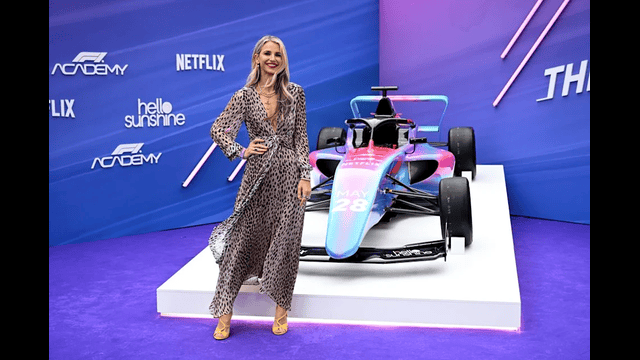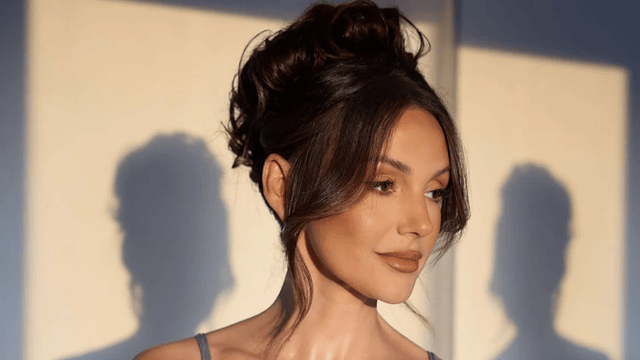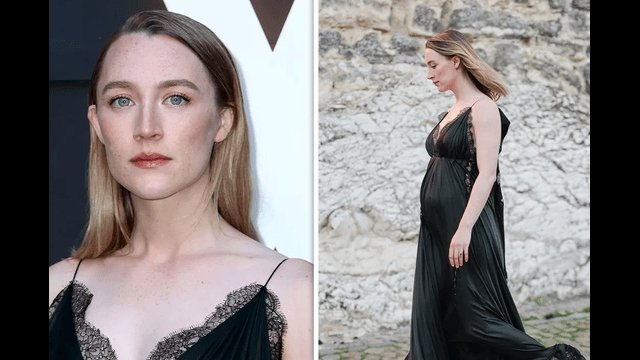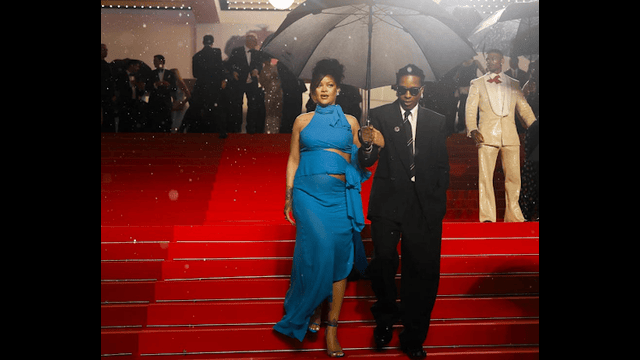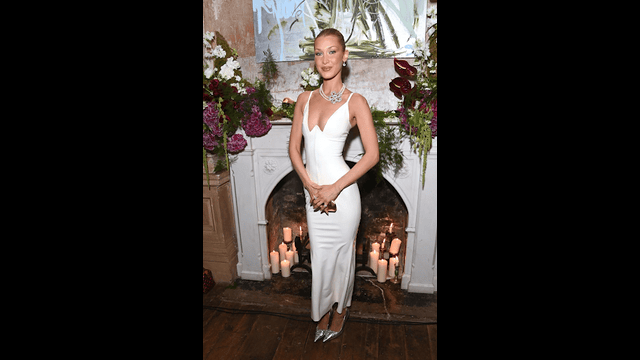
Nara Smith is demonstrating how to make sunscreen at home in a video on TikTok.
Model and social media star Nara Smith, alongside her husband Lucky Blue Smith, has been captivating followers with DIY ventures like homemade cereal, throat lozenges, and toothpaste crafted from bentonite clay, baking soda, and peppermint oil. Their latest experiment? Homemade sunscreen.
Nara, known for her TikTok prowess in traditional homemaking trends, shared a sunscreen recipe on June 25. The concoction boasted coconut oil, beeswax, shea butter, cocoa butter, jojoba oil, and zinc oxide powder—a blend she claimed applied smoothly without leaving a white residue. However, the video didn't address its efficacy against sunburn or skin protection.
This trend isn't exclusive to Nara and Lucky; numerous influencers, including controversial figures like Dr. Paul Saladino, have promoted DIY sunscreens. Critics, such as dermatologists Dr. Hannah Kopelman and Dr. Mina Amin, caution against these homemade alternatives. They argue that homemade sunscreens lack the rigorous testing and specific formulations required for effective UV protection. Ingredients like coconut oil and jojoba oil may even exacerbate sun exposure, potentially leading to burns.
Dr. Amin particularly underscores that while zinc oxide is a key ingredient in commercial sunscreens, its distribution and formulation in homemade versions often fall short. A 2020 study highlighted by a chemist on TikTok revealed that many DIY sunscreen recipes provide negligible sun protection, with some even boasting SPF levels below 6—far below the recommended SPF 30 for adequate sunblock.
The underlying concern among dermatologists like Dr. Anna Chacon is the misinformation these DIY trends perpetuate. Sunscreen is indispensable for daily skincare routines, shielding against sunburns, premature aging, and reducing the risk of skin cancer. Encouraging homemade solutions on platforms like TikTok, which lack FDA approval and proper testing, poses significant health risks. It fosters a false sense of security among followers who may assume these DIY concoctions provide adequate protection.
In conclusion, while Nara and Lucky's DIY adventures may be fun for household items, sunscreen isn't an area where experimentation should be encouraged. Dermatologists urge the public to opt for professionally tested sunscreens or seek expert advice for effective skincare practices. Remember, protecting your skin with verified products is paramount—after all, sunburns aren't a good look for anyone, not even the trendsetters themselves.







